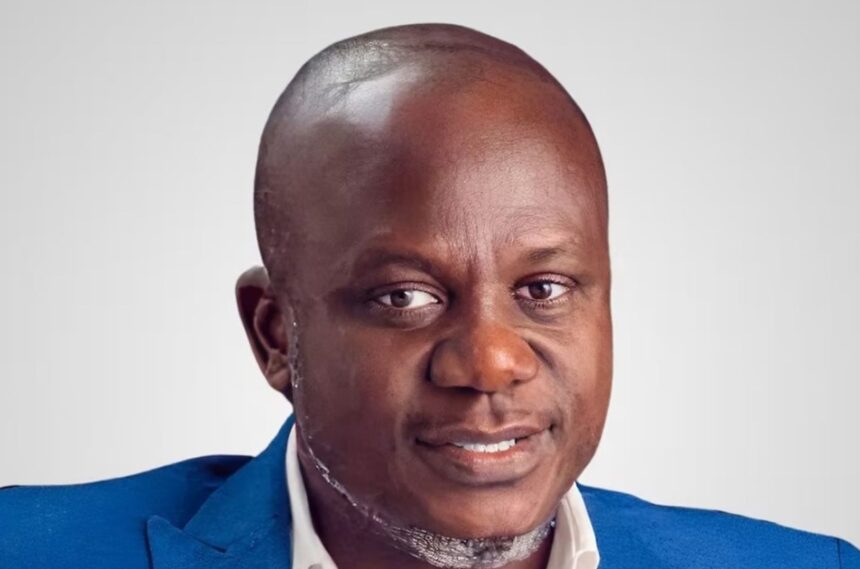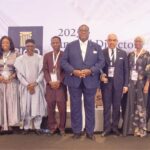says “Dangote is West African, yes, he’s Nigerian”
Ademisoye Precious
Mr. Gabriel Kumi, Chairman of Chamber of Oil Marketing Companies (COMAC) in Ghana, has called on the Dangote Refinery to extend the benefits of its LPG production beyond Nigeria to Ghana and other neighbouring West African countries.
He emphasised that the refinery has helped reduce Nigeria’s LPG price from about $1 to 80 cents per kilogram while supplying around 30% of local demand.
The Chairman of COMAC, Ghana, made these remarks during the session on Energy Optimisation, Transition, and Sustainability (Gas & Renewable) at the just-concluded OTL Africa Week in Lagos.
He drew attention to cross-border disparities in petroleum product prices, noting that Nigeria’s LPG price has dropped from about $1 to 80 cents per kilogram due to increased local supply from the Dangote Refinery, which now provides around 30% of the country’s consumption.
Kumi urged Nigeria to extend such benefits to neighbouring countries, saying, “Dangote is West African, yes, he’s Nigerian, but he’s also a West African, and we all need to benefit from the kind of investments that they create.”
Emphasizing that affordability remains key to rural LPG adoption.
“If we truly want to drive LPG consumption, we must make it affordable for rural communities.
“Many of our relatives in the villages still rely heavily on firewood and charcoal. Even if we can convert just 20% of them to LPG, that would be a huge achievement,” he stated.
Citing Ghana’s experience, Kumi explained that the government’s cylinder recirculation policy has enhanced LPG distribution through nearly a thousand refilling plants nationwide over the past three decades.
“Cylinder recirculation makes LPG distribution much easier because it removes the need for heavy investment in refueling infrastructure,” he said.
He cautioned, however, that availability alone is not enough to drive adoption.
“Availability does not guarantee consumption. The mere fact that LPG is available doesn’t mean consumers will buy it.
“No matter how many conferences or workshops we hold, if LPG remains unaffordable, growth will continue to stagnate,” he said.
Highlighting regional examples, Kumi pointed to Lacroix du Bois, noting that the country’s decision to subsidize smaller LPG cylinders has led to significant growth in household adoption.
“Lacroix du Bois is now leading in LPG penetration in West Africa because they have taken deliberate steps to make the product affordable,” he said.
The Chairman of COMAC further described cooking gas as a scalable solution for clean cooking and transportation, helping reduce reliance on wood and charcoal while curbing deforestation and pollution.
With over 900 million Africans lacking access to clean cooking fuels, he called for greater investment in infrastructure, regulation, and consumer financing.
Kumi therefore noted that LPG serves as a bridge fuel supporting renewables, climate goals, and sustainable livelihoods across the continent.




